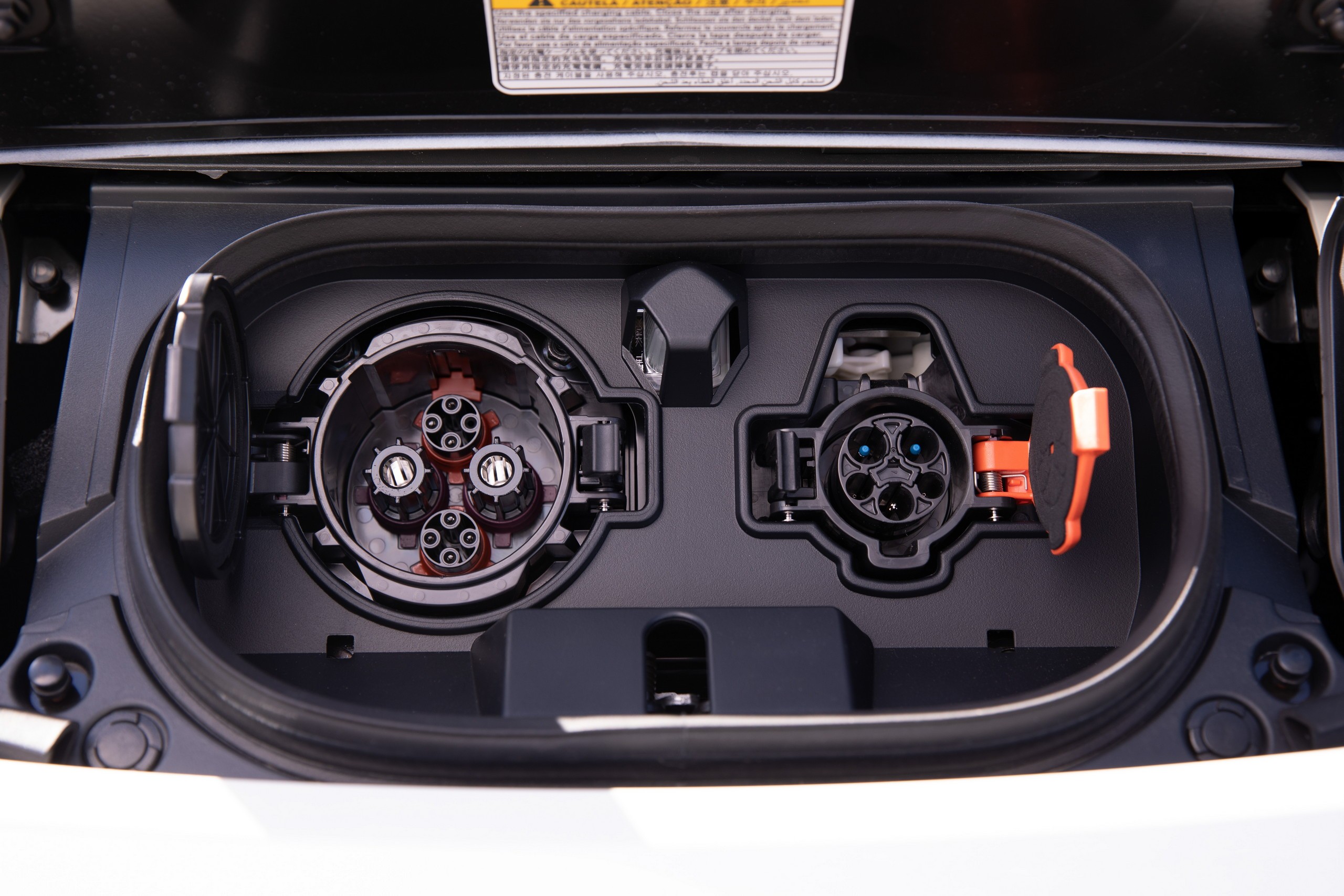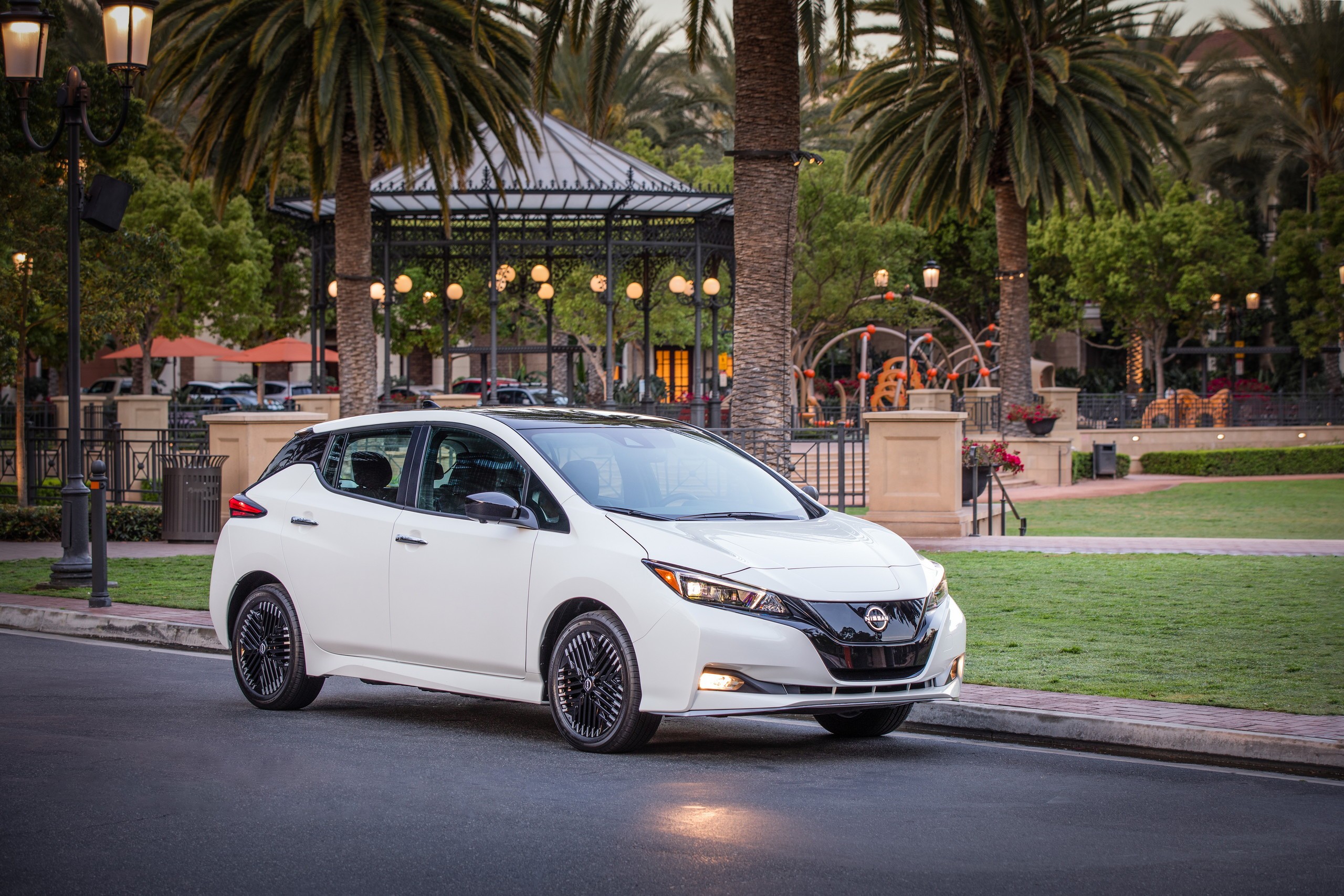Nissan is recalling over 23,000 Leaf electric vehicles due to a potential battery overheating issue that can occur during rapid charging. The affected models, produced between 2018 and 2020, are equipped with Level 3 charging capabilities using the CHAdeMO connector.
The automaker has identified excessive lithium deposits within the battery cells as the cause of the problem. These deposits lead to increased electrical resistance, which can cause the battery to overheat and potentially malfunction.
Owners of affected Leaf models may notice unusual thermal odors or interruptions during rapid charging. In some cases, the battery may even shut down completely to prevent further damage.

Nissan is currently investigating the issue and working on a remedy to prevent future incidents. The recall is a precautionary measure to ensure the safety of Leaf drivers and to protect the vehicle’s battery from long term damage.
Nissan has not provided a timeline for the recall process, but owners of affected vehicles are advised to contact their local dealership for more information. The automaker is urging drivers to avoid rapid charging until the recall is complete.
Owners will be notified by first-class mail and advised to refrain from quick charging until a software update becomes available in November 2024. The recall affects vehicles with both 40- and 60-kWh battery packs. Despite this, the 2025 Leaf remains an affordable electric vehicle option in the US, starting at $28,140.

The Leaf offers a practical package for daily commuting and short trips. Its ample cargo space, rear-seat folding, and Nissan Safety Shield 360 make it a convenient choice for families and individuals alike.
The available range options, 149 miles for the S model and 212 miles for the SV Plus cater to different driving needs. While the recall may be a temporary setback, the Leaf’s value proposition and features continue to make it a compelling option in the electric vehicle market.

